
Privacy statement: Your privacy is very important to Us. Our company promises not to disclose your personal information to any external company with out your explicit permission.
Precision in CNC machine tools refers to their ability to accurately track specified paths and reach commanded endpoints while under load, a concept known as dynamic accuracy. Conversely, repeatability gauges the machine's consistency in reproducing commanded movements, even through multiple cycles during operation. It's essential to recognize that these definitions of accuracy and repeatability may deviate from the static measurements provided by machine builders. Static accuracy and repeatability are typically evaluated when the machine is inactive, serving as a baseline for comparison.
Dynamic accuracy and repeatability in CNC machine tools are inherently variable, influenced by the stress exerted on machine components. Increased stress poses challenges to maintaining precision, impacting both accuracy and repeatability. Due to the numerous variables involved, machine builders cannot feasibly furnish dynamic accuracy and repeatability specifications with guarantees.
Nevertheless, machine builders should possess the capability to assess whether their machines fulfill the accuracy and repeatability demands of specific applications. Before procuring a new machine tool, it's prudent to seek assurance from the builder regarding its ability to meet your operational needs. This proactive approach fosters transparency and ensures alignment between the machine's capabilities and your requirements.
After the installation of a CNC machine, certain factors affecting accuracy are beyond the user's control. These include:
1. Machine Construction: The machine's construction must be sturdy enough to handle demanding machining operations without excessive deflection of its support components.
2. Feedback System: Linear scales are pivotal in monitoring the position of moving components for each axis. Unlike rotary encoders, they are less dependent on the integrity of axis system components such as way systems, ballscrews, and couplers.
However, some accuracy-related responsibilities fall on the machine user, including:
1. Machine Tool Calibration: Although machine builders initially calibrate pitch error and backlash compensations, it is the responsibility of end users to repeat these calibrations at regular intervals to maintain accuracy throughout the machine's lifespan.
2. Environment: Ensuring a stable working environment is crucial to minimize ambient temperature and humidity variations that could impact machine performance.
Ensuring optimal dynamic accuracy and preserving machine integrity are fundamental for maintaining consistent component production. However, achieving dependable repeatability, especially during machine warm-up phases, is equally vital.
The thermal variation of moving components, notably the spindle and way systems, presents a notable obstacle to maintaining repeatability. As these parts warm up, they expand, and when they cool down, they contract. This inherent thermal fluctuation poses challenges in maintaining size consistency on critical, tight-tolerance surfaces.
To address this issue, machine builders employ various strategies to mitigate thermal changes in machine components. These include implementing cooling mechanisms for the spindle and way systems and integrating design techniques to minimize the repeatability impact of thermal variation. For example, in CNC Turning Centers, positioning the headstock perpendicular to the bed ensures that only the height of the cutting tool's edge is affected by thermal changes, minimizing variation in machined diameter.
When investing in a new CNC machine, it's crucial to inquire about the manufacturer's approach to handling thermal variation. Additionally, it's essential to ensure that any deviations in machined surfaces due to thermal expansion during warm-up remain within acceptable tolerances. Failure to do so may lead to productivity setbacks when the machine requires a warm-up period before starting production.
Furthermore, it's important to acknowledge that significant repeatability challenges may arise from the specific application of the machine rather than its design. Variations during production runs or between job cycles can significantly impact repeatability, potentially resulting in material wastage and requiring time-consuming adjustments.
During a production run, various factors can introduce variations, including:
- Tool wear: Over time, cutting edges may degrade, resulting in changes to machined surfaces. External surfaces may expand while internal surfaces may contract.
- Replacement of dull tools: When replacing dull cutting tools, precise alignment of the new cutting edges is crucial to maintain accuracy.
From one job run to the next, examples of variations include:
- Workholding setup: The placement and alignment of the workholding device, clamping location and force, and program zero assignment can affect workpiece stability.
- Cutting tool assembly, measurement, and offset entry: Variations in components and assemblies can impact rigidity, leading to potential machining issues.
- Machine condition: Variations resulting from mishaps or neglected maintenance can cause sizing problems, even for previously successful jobs.
October 29, 2024
October 28, 2024
Email to this supplier
October 29, 2024
October 28, 2024


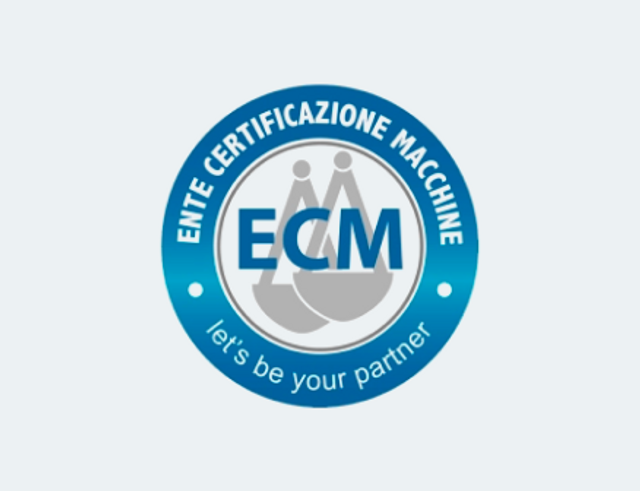



Explore our Extensive Range of Precision Metalworking Machine Tools. Discover the Power of Precision and Innovation in Metal and Material Processing with Weiss
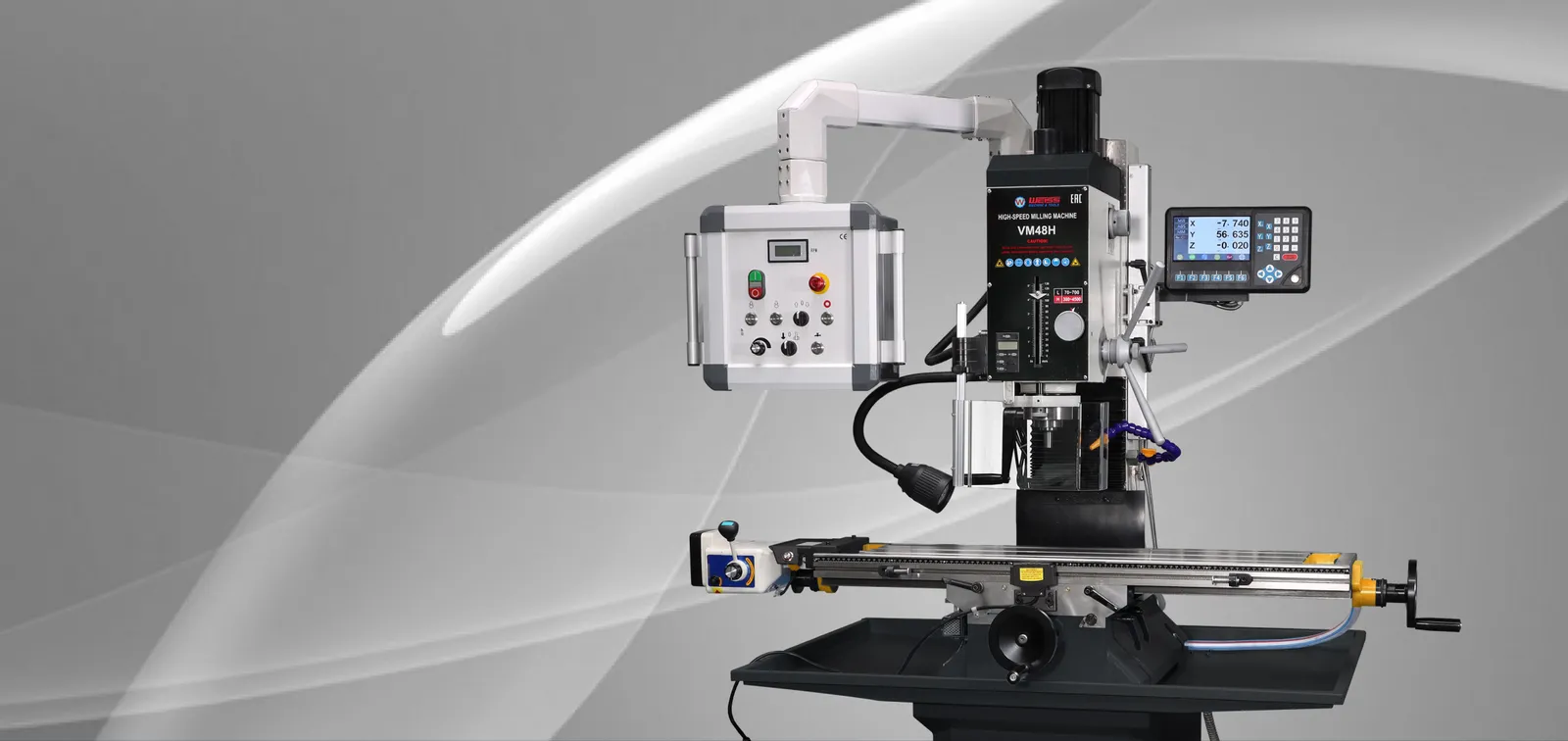
Heavy, stable and solid column,
made of high-quality gray cast iron, with ground and scraped dovetail guide,
for high stability and precision
View More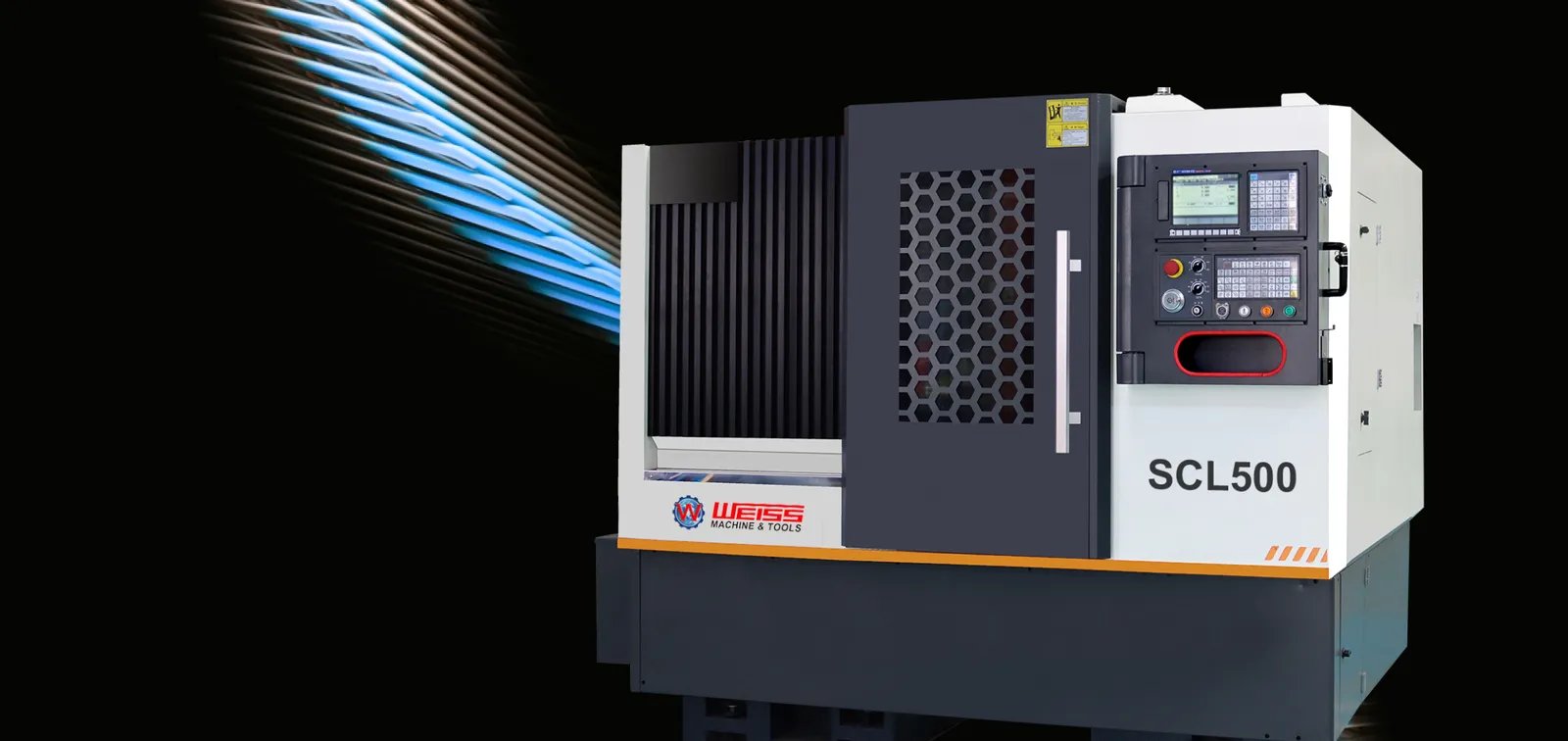
Slant bed and linear guide way CNC lathe.
High speed, High precision, High reliability
View More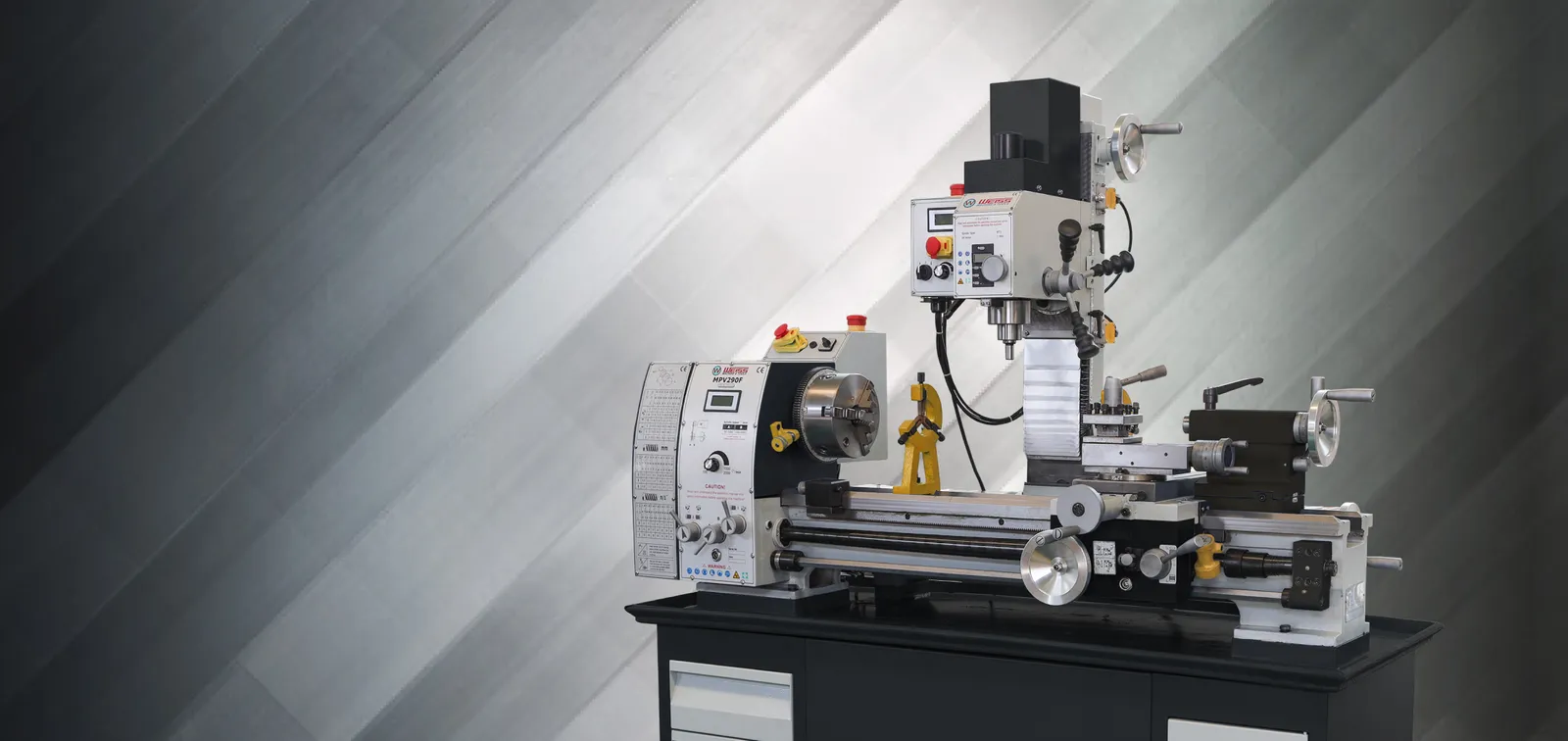
Prouduct quality and reliability Competitive pricing
Product innovatio and cariety
View MoreWEISS MACHINERY CO., LTD. to be your trusted partner for metalworking machine tools. We have a wide range of milling machines , tapping machines, and accessories that meet the highest standards of quality, performance, and reliability. Our machines have brushless motors that ensure low maintenance and high efficiency. We also offer online sales, international delivery, secure payment, professional advice, and 20 years of experience. Weiss, make it easy!
View MoreCompany Establishment
Countries&Regions with Product Sales
Factory Area
Product Varieties

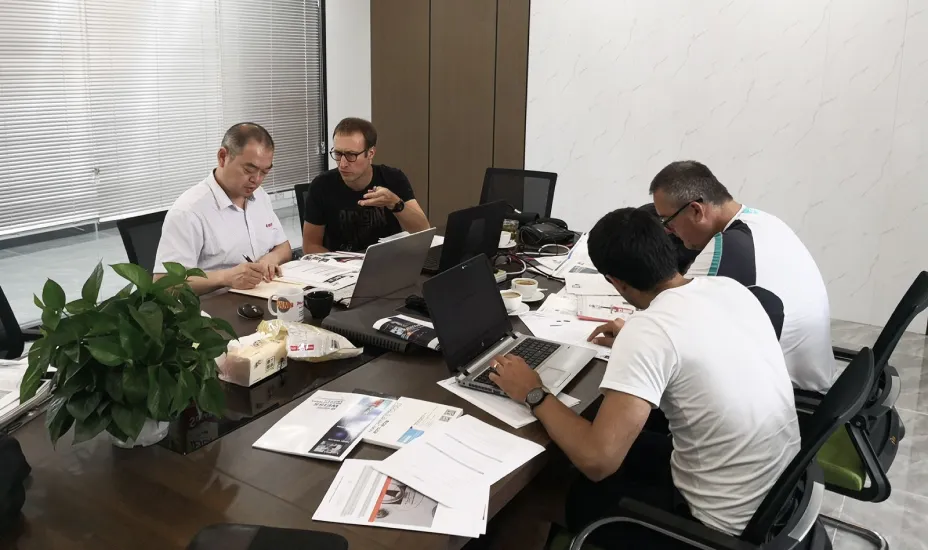
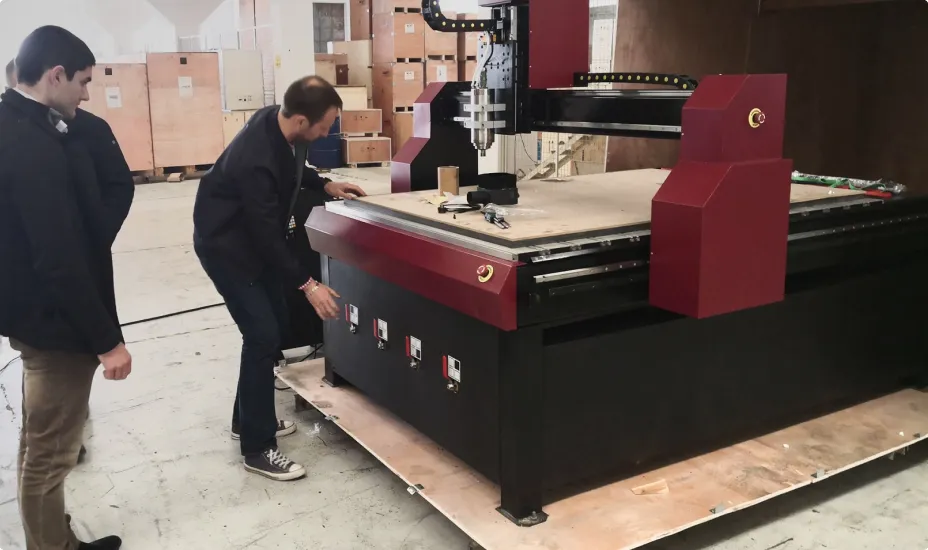
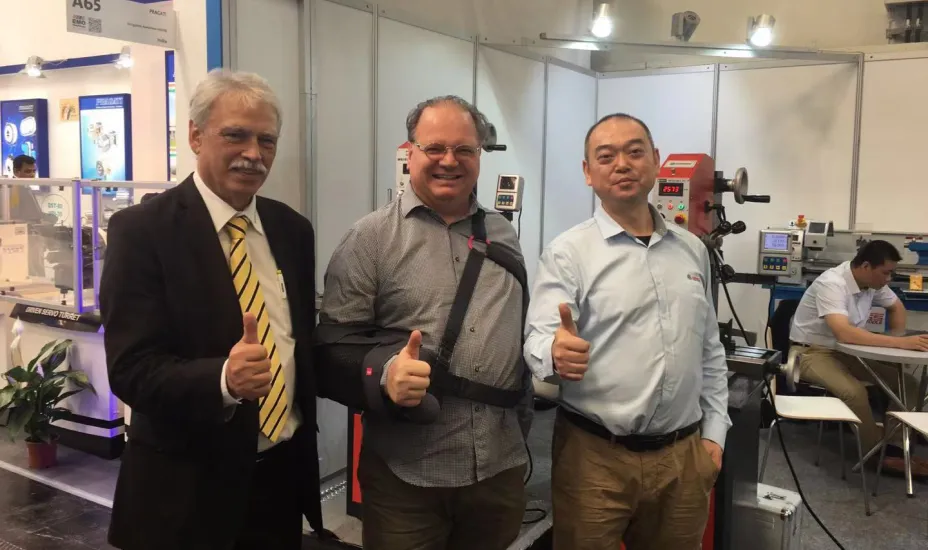
We have been extremely impressed with the quality and performance of the electronic milling machine we purchased from your company. It has greatly enhanced our production capabilities and consistently delivers exceptional results.
MA***N
Your Trusted Partner for Comprehensive Machine Tool Solutions.

Privacy statement: Your privacy is very important to Us. Our company promises not to disclose your personal information to any external company with out your explicit permission.

Fill in more information so that we can get in touch with you faster
Privacy statement: Your privacy is very important to Us. Our company promises not to disclose your personal information to any external company with out your explicit permission.